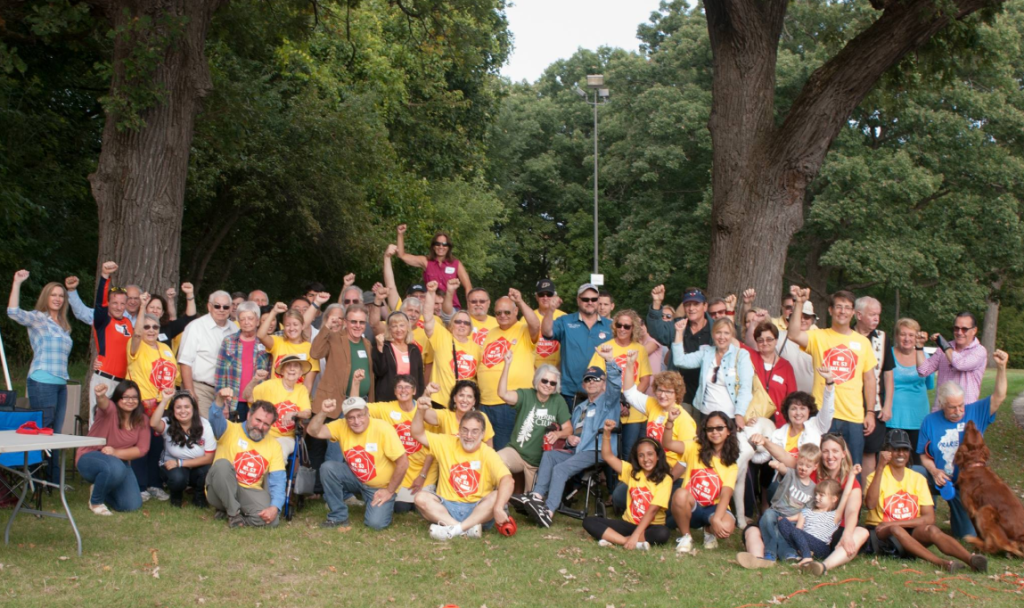Update: July 12, 2019: The Illinois Tollway announced that it’s ending the environmental impact study of a Route 53 extension, effectively dropping the project for the fourth time since it was identified in a regional transportation plan in 1962.
__________________________________
In a major victory for walking, biking, and transit, the Lake County Board unanimously removed language supporting the Route 53 highway extension from its strategic plan.
We’re pleased the Lake County Board will now focus on developing a “modern, multimodal, and comprehensive transportation plan” and will partner with members to develop it.
Active Trans has long opposed highway expansion in the Chicago region because it encourages more driving, harms the environment, and makes it harder for people to walk and bike. And highway expansion creates inequality by often displacing low-income communities and forcing people to absorb the high-costs of car ownership to get around.
For far too long, the prospect of a Route 53 extension has hindered progress towards innovative and common sense transportation improvements in Lake County.
Supporters of the highly controversial extension have falsely claimed it would solve central Lake County’s traffic congestion. The research is clear that building more roads leads to more traffic congestion — a well-studied phenomena known as “induced demand.”
The decision by the Lake County Board acknowledges induced demand and opens the door to a future in which all residents can walk, bike, and take transit to destinations.
Active Trans’ letter to the Lake County Board highlights these and other important points.
We’re thrilled to recognize the hard work of many Lake County residents (pictured), especially Sierra Club members and transportation advocates, who have organized against the Route 53 extension since it was first considered in the 1960s.
They’ve overcome formidable obstacles such as the Chicago Metropolitan Agency for Planning listing the extension as the top transportation priority in its strategic plan, GoTo2040.
We’d also like to acknowledge fellow advocates who made significant contributions to this victory: Midwest Sustainability Group, Livable Lake County, Sierra Club Illinois, Environmental Law and Policy Center, and Openlands.
The Lake County Board’s courageous decision is an inspiring reminder that persistent advocacy yields results.
Do you live in Lake County and want to get involved in the fight for healthy and sustainable transportation? Please contact Maggie Melin, 312.216.0475, [email protected].
Image courtesy of Livable Lake County

